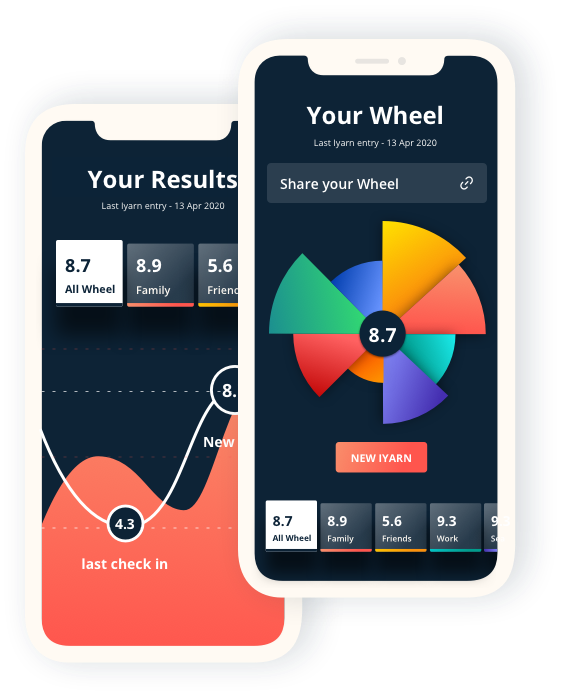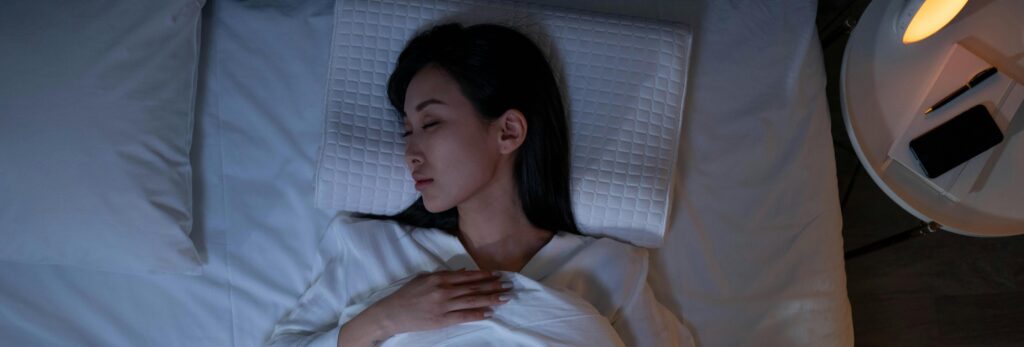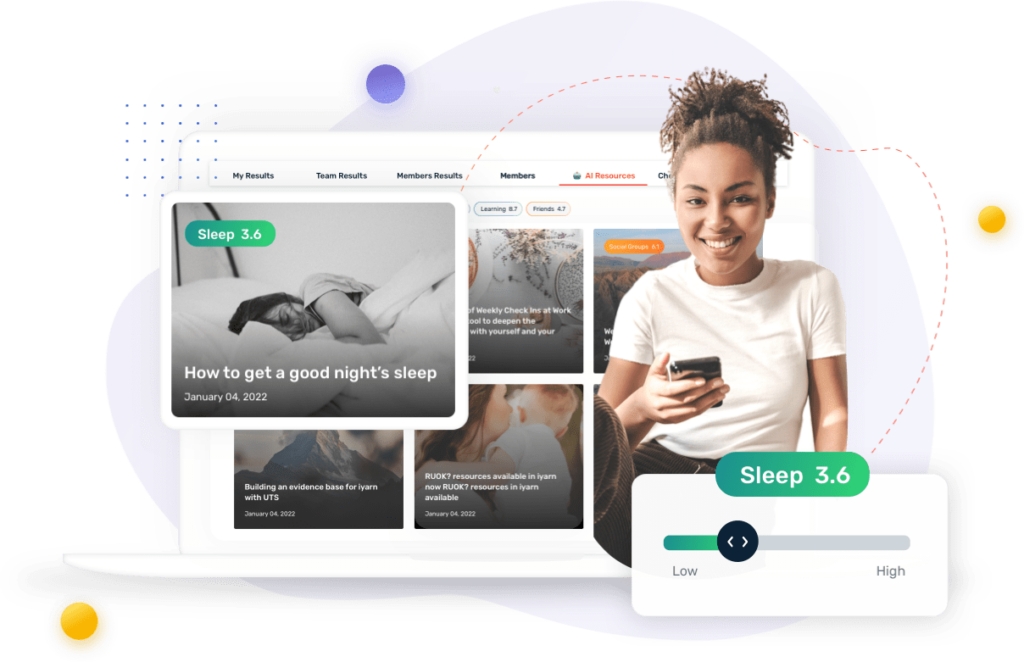The Seven Pillars of Self-Care
We all need a bit of self love. Self-care in the modern world is even more than that.
A Definition of Self Care
The World Health Organisation defines self-care as “the ability of individuals, families and communities to promote health, prevent disease, and maintain health and to cope with illness and disability with or without the support of a health-care provider.”
Self Care And Chronic Disease
Healthcare has evolved dramatically. Up to the 20th century, we were most vulnerable to acute illness like those from infections or accidents, and governments had built the health system to keep us safe from those.
In the 21st century, chronic health conditions rapidly raised in importance. In early 2018 the Australian Health Policy Collaboration (AHPC) at Victoria University commissioned an investigation into self-care in response to the rising tide of chronic disease in Australia.
According to the report, lack of ‘activation’ in self-care is a better predictor of adverse health outcomes than traditional socio-economic factors such as ethnicity or age. Self care clearly matters.
The report examined the changes needed to the relationship we have with healthcare providers, practitioners and the healthcare system overall. However, at an individual level, the report shows that many people lack skills and confidence in managing their own health and health care.
What is Self Care in Practice and How does it Help?
Have you ever ignored a health problem until it became too painful or uncomfortable to manage on your own? Greater awareness of the role of self-care can prevent these emergency trips to the doctor.
Have you ever thought of washing your hands as self-care? Self-care begins with simple, everyday behaviours, usually things we learn as kids. This might be washing your hands, brushing your teeth, eating fruit, or getting fresh air. Self-care plays a role in managing minor illnesses, such as using over the counter medications correctly and responsibly.
Self-care also contributes to preventing infections and chronic diseases, improving physical health, mental health and wellbeing, recovery from acute conditions and trauma, and enabling people to live with chronic health problems.
Taking Steps to Build Our Self Care
As we grow up we tend to loose lots of little habits that help keep us healthy. It can be helpful to re-frame these small habits that you might find pesky, such as taking your blood pressure medication on time, as acts of self care, rather than just another annoying to-do list item.
The more we understand about the wide-ranging and changeable nature of our own health, the more we can improve our own, and our communities, health outcomes.
The Seven Pillars of Self Care
The International Self Care Foundation created the ‘Seven Pillars of Self Care’ to recognise that self-care is a multi-faceted and multi-level phenomenon.

Self care includes a wide range of behaviours. There are the basic considerations: healthy eating, physical activity and good hygiene. Risk avoidance / mitigation is also important, avoiding known health risks like tobacco and alcohol.
Underpinning these easily seen behaviours are some deeper considerations:
- Health literacy – the ability to understand and obtain information to make your health decisions.
- Self-awareness of condition – knowing your current physical and mental condition. This might include your cholesterol level or blood pressure.
- Use of diagnostics, medicines and other health-related products and services – using items and support that relate to your health in an appropriate and timely way. This might include cancer screenings, for example.
It’s worth noting here that order of the seven self-care pillars could look very different depending on the community you are part of. For example, good hygiene is a much higher priority than physical activity for those without good access to sanitation and whose livelihoods are highly labour intensive.
How can I take better care of my self?
Research undertaken in the European Union suggests that people want more independence and responsibility in the management of their health. But they require more information about options, risks and what constitutes responsible self-care. And while Australia is undergoing a resurrection of self-care, government policy is a little slow in catching up.
So where should you start?
Well, it depends on what you need to improve your self care, but consider the following list of common self care behaviours:
- Eat healthy
- Aim for at least 30 mins of exercise every day
- Get 8 hours of sleep
- Wash your hands regularly
- Don’t be afraid to say no to others and prioritise your self-care
- Schedule time for own self care
- Get organised
- Book your medical tests and check ups
… and from there you can get as specific and detailed as you like. Turn off the non-essential notifications on your phone, seek out some alternative treatments that you wanted to try, take a self-care trip… the sky is the limit. You can read more at our advanced self care article.
Keep an Eye on Your Self Care
If you’re interested in finding out more about self care, consider some of the self-help books in this area (for example, The Self Care Prescription or An Everyday Guide to Caring for Self While Caring for Others, links to Amazon).
Alternatively, iyarn has been built for self-reflection on the issues that matter to you. Self care is one of the areas that you might use in your own wheel. It’s then easy to check in on how you are going.

With iyarn, you can:
- Check in with your current status – Easily understand your overall position in life, according to the criteria that matter to you
- See progress over time – Visualise a holistic approach and understand your progress
- Share your highs and lows with others – Move past the routine conversation and focus on what matters
- Reframe your relationships – Get help to move past the routine conversation and focus on what matters
iyarn lets you take these to work with you, in your pocket, accessible anywhere, anytime.




